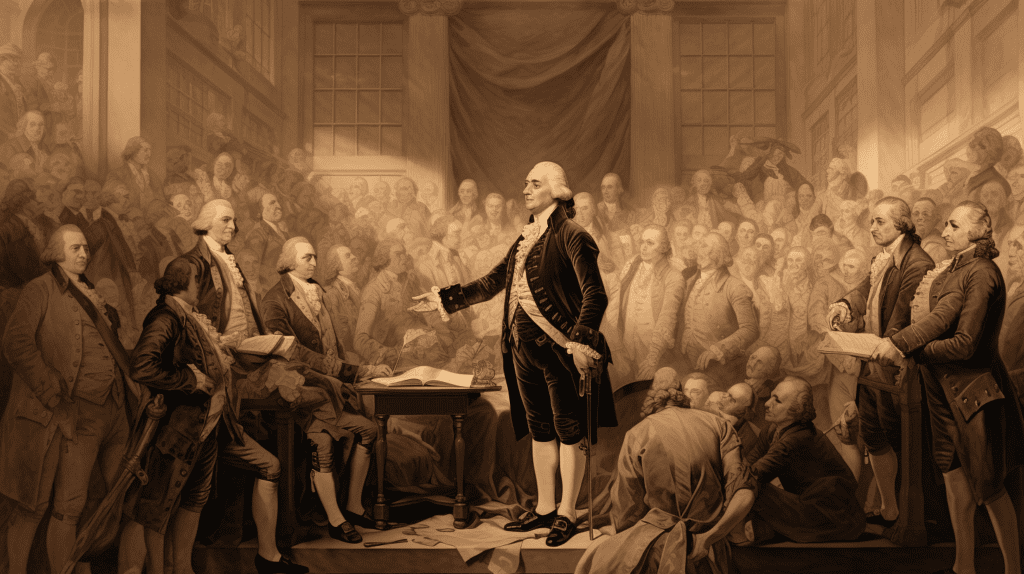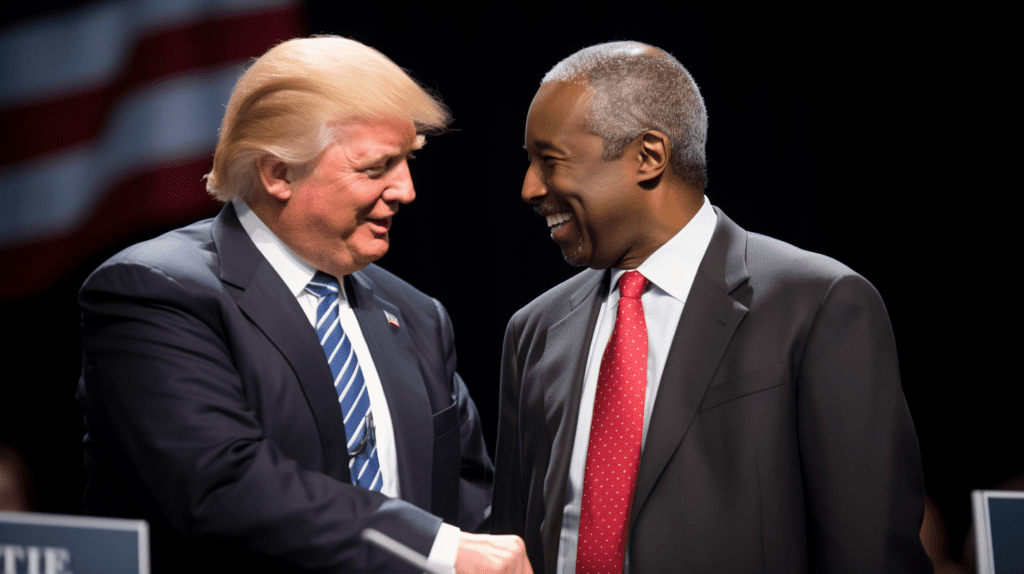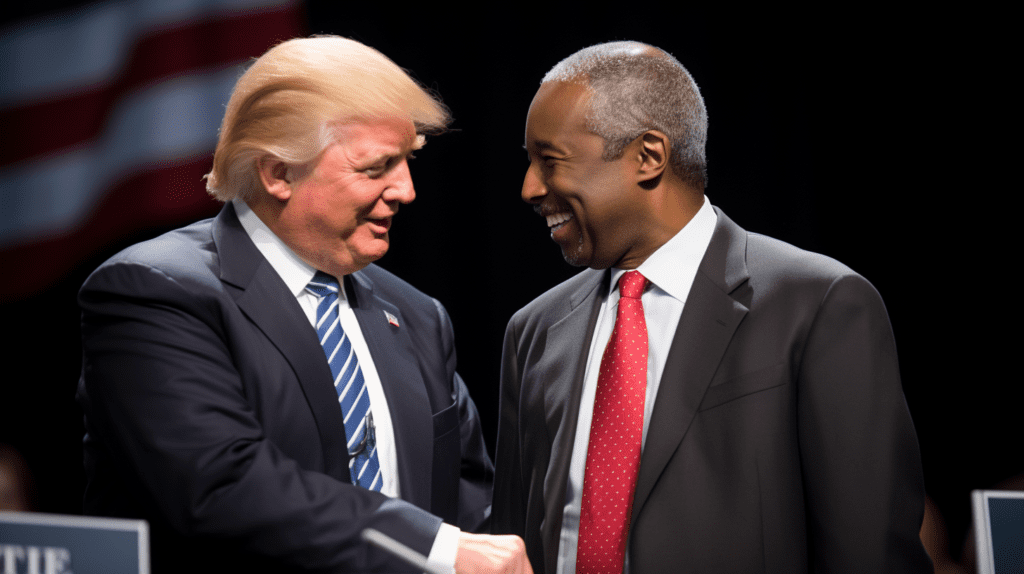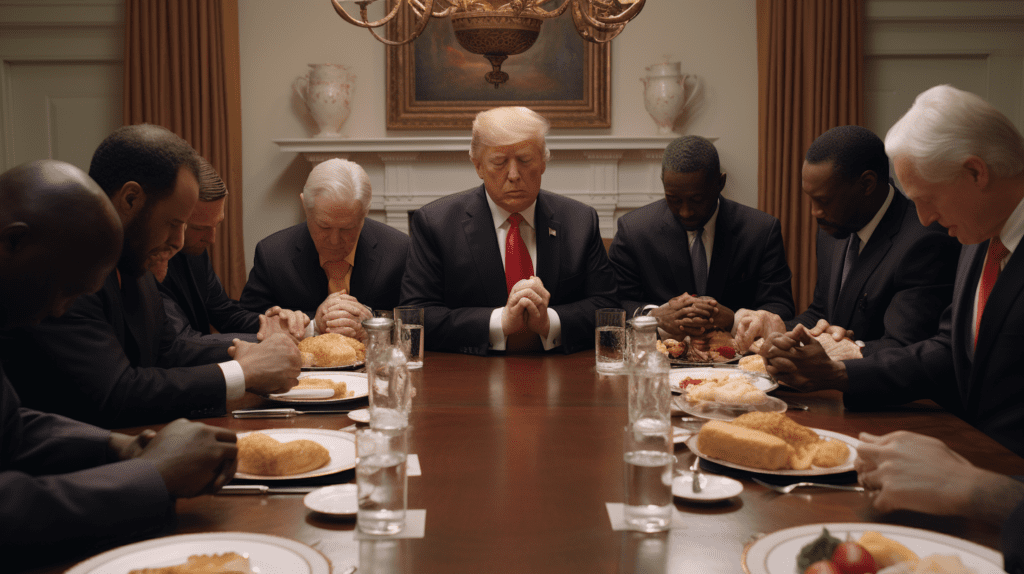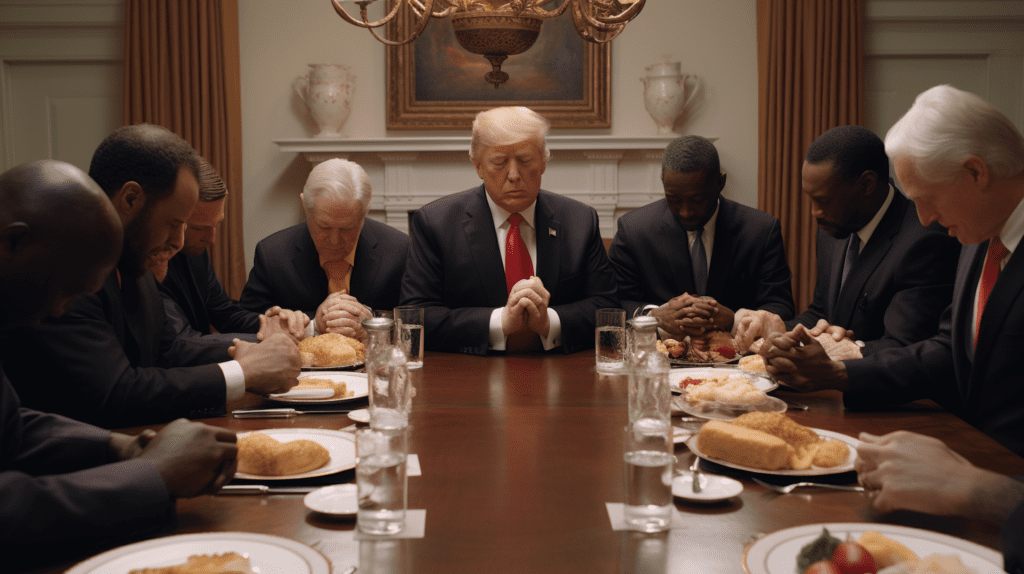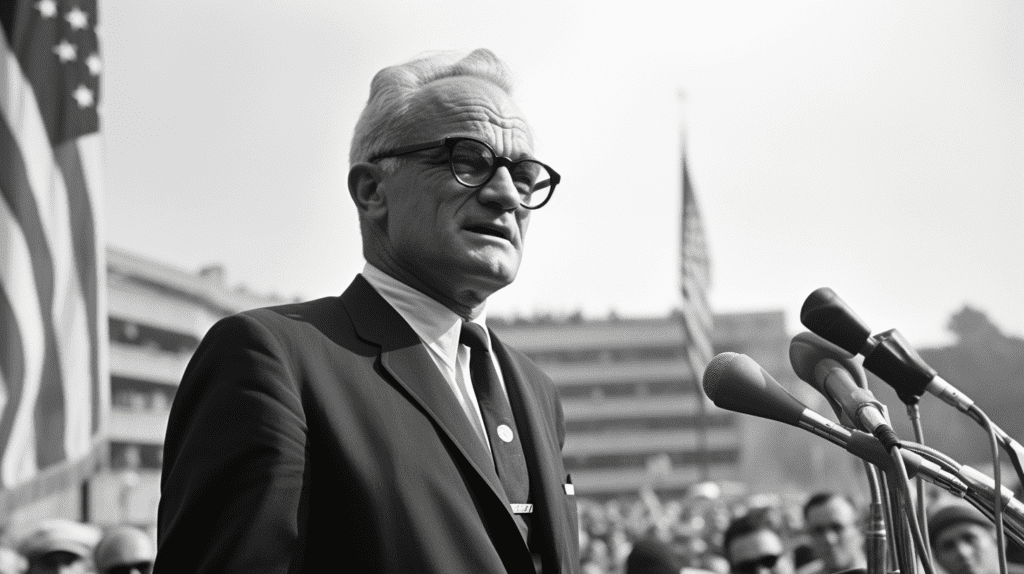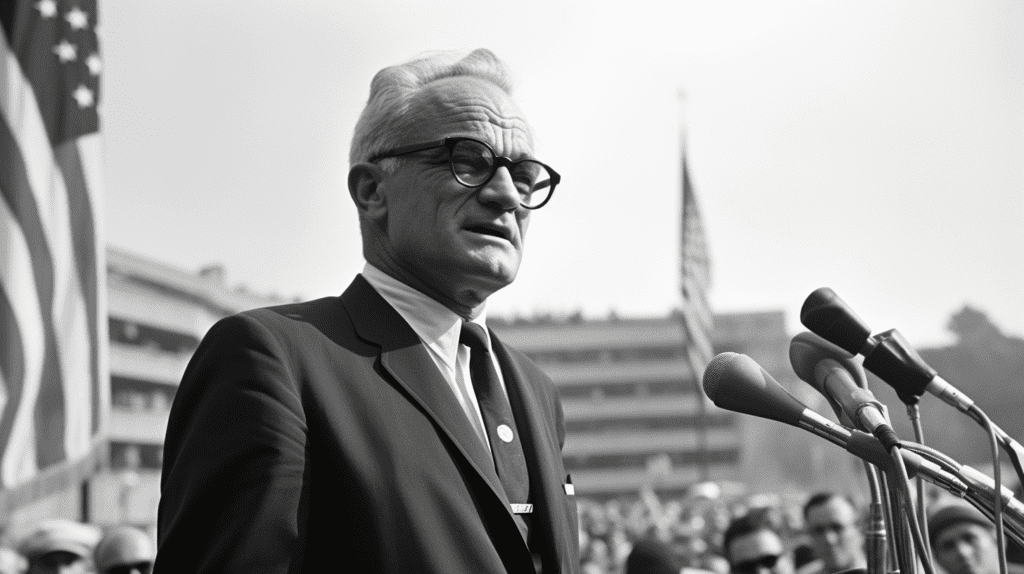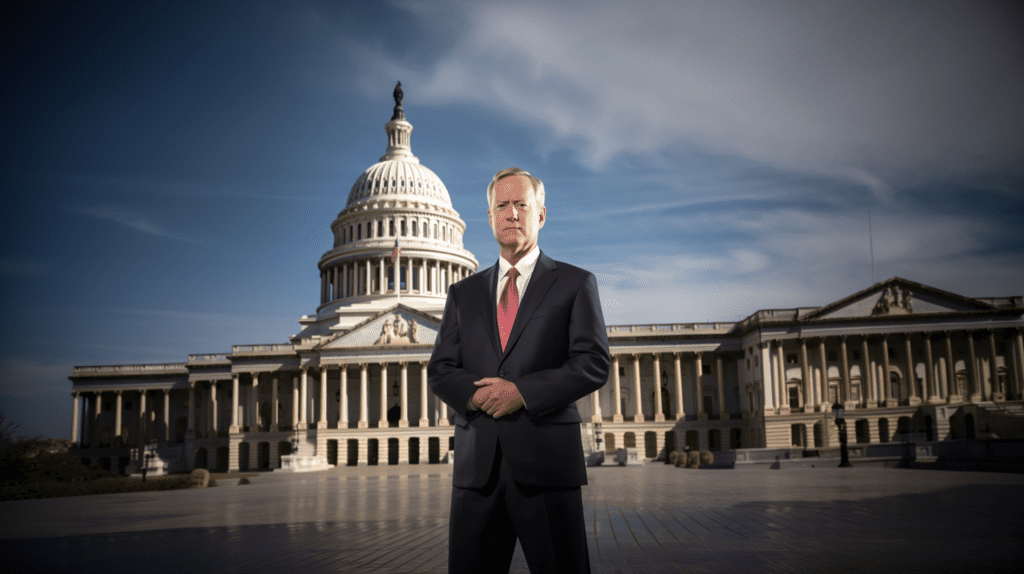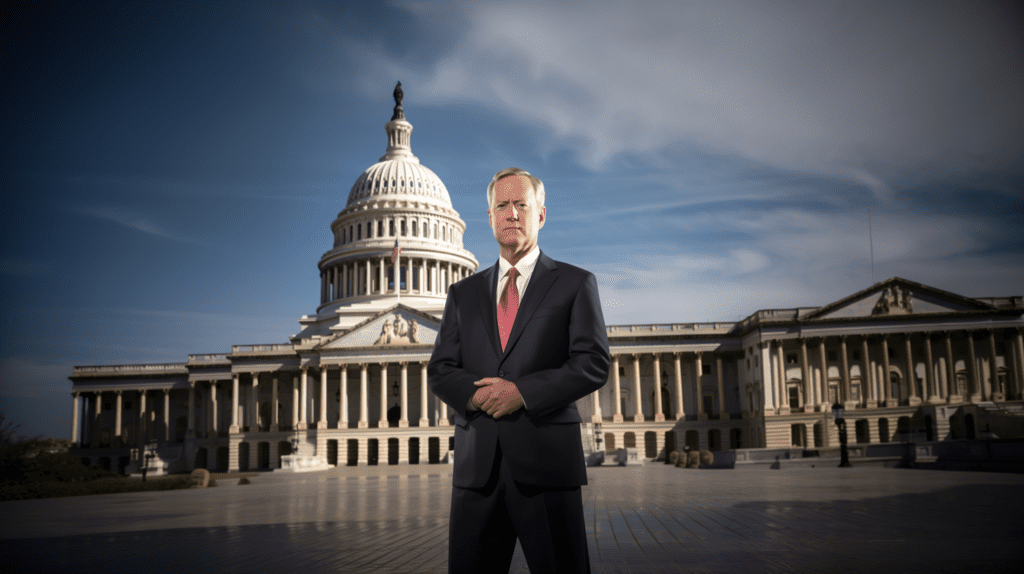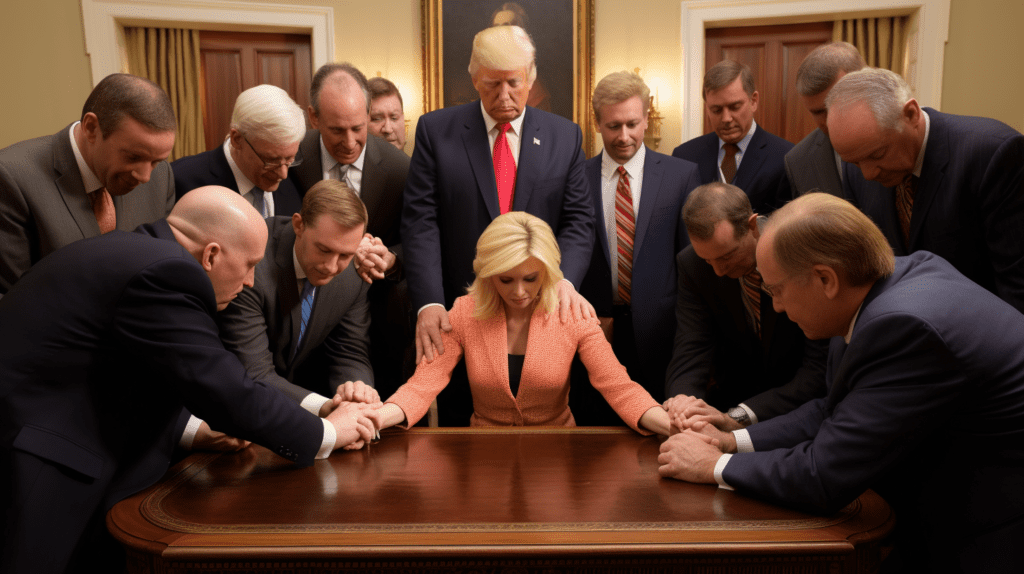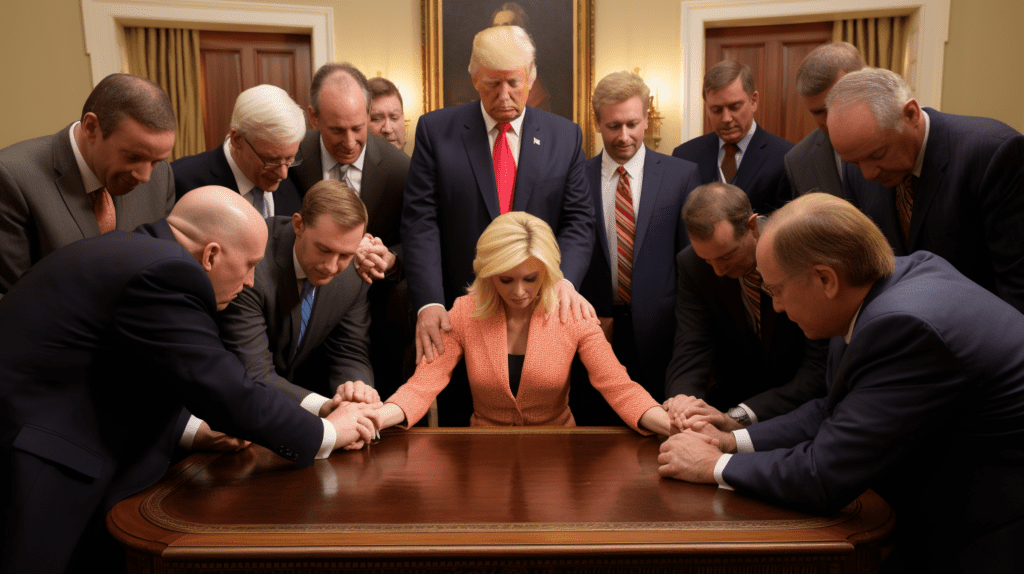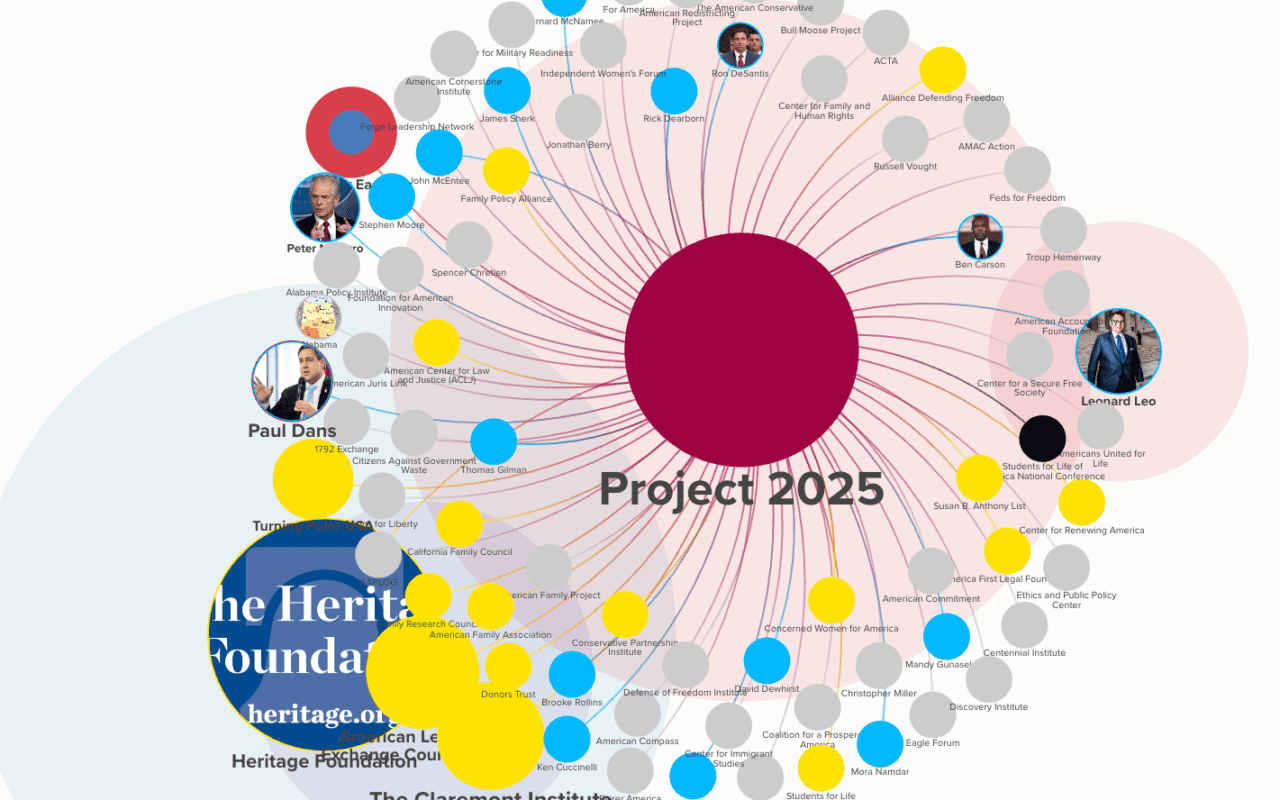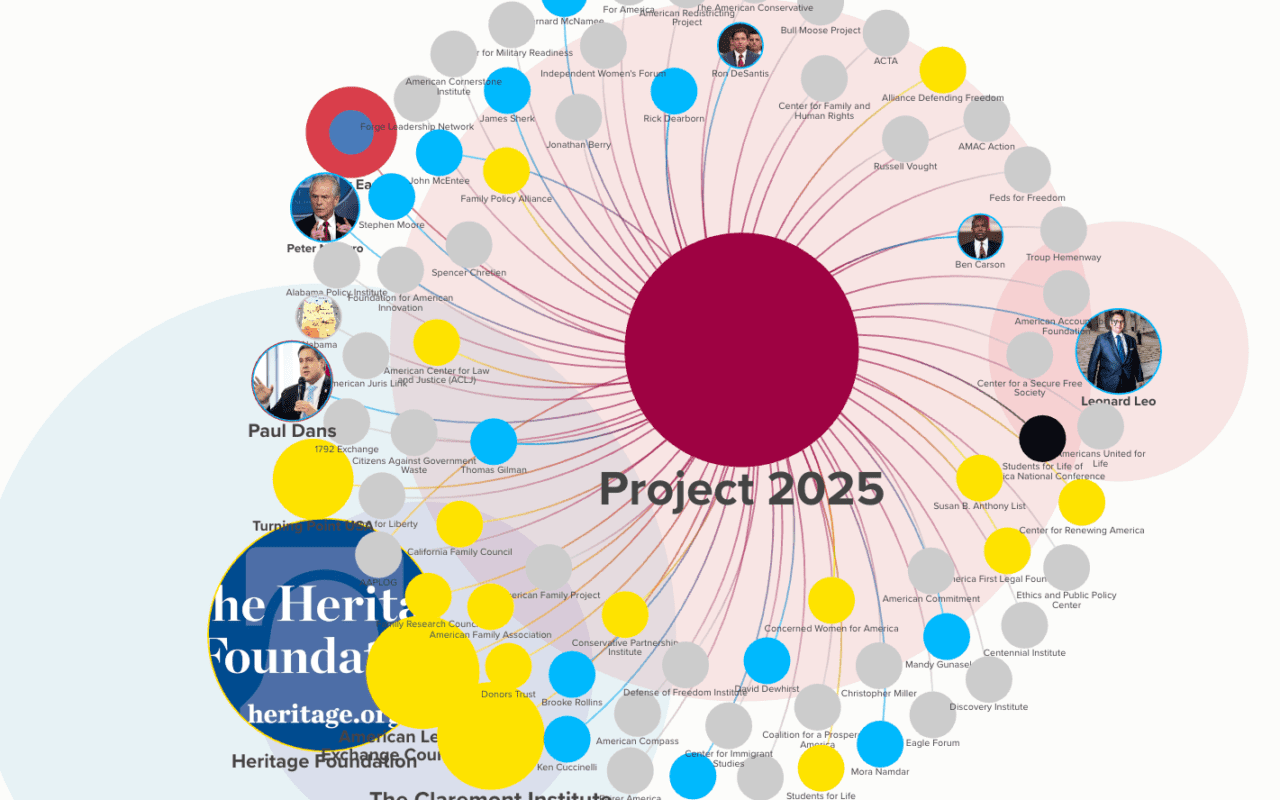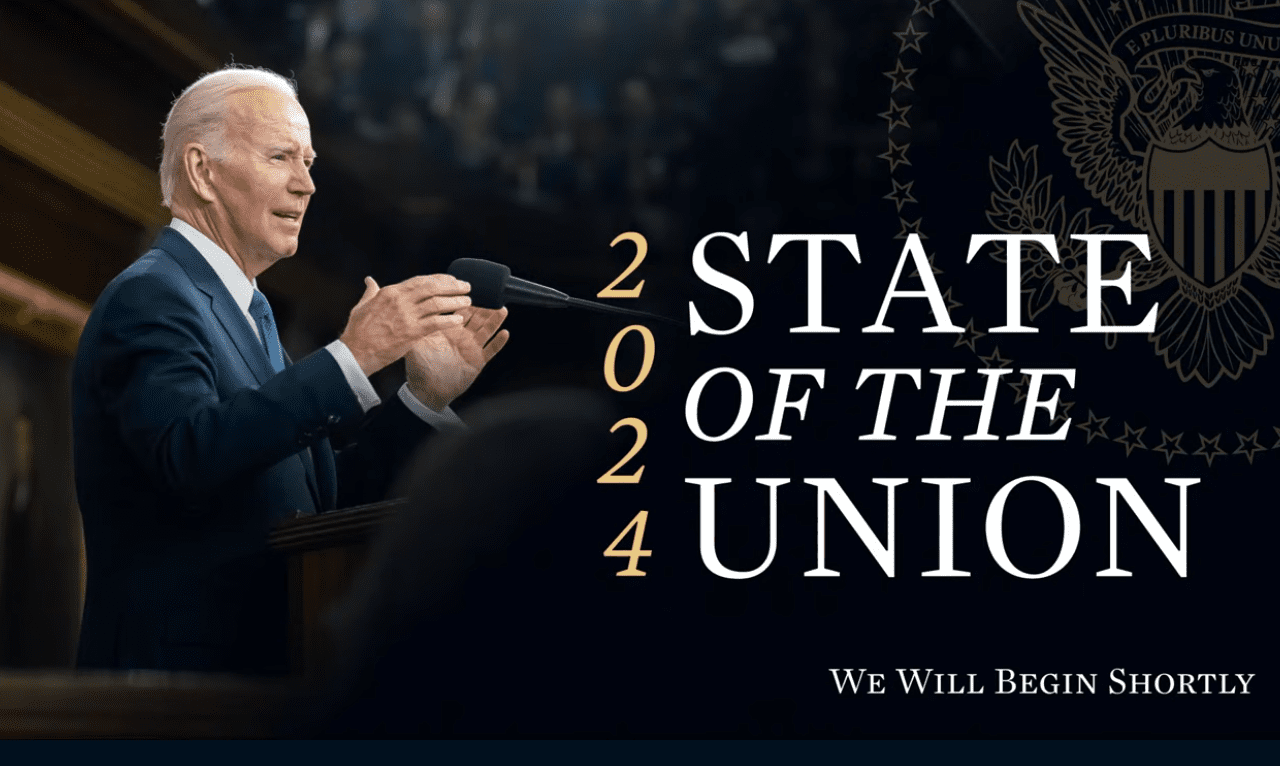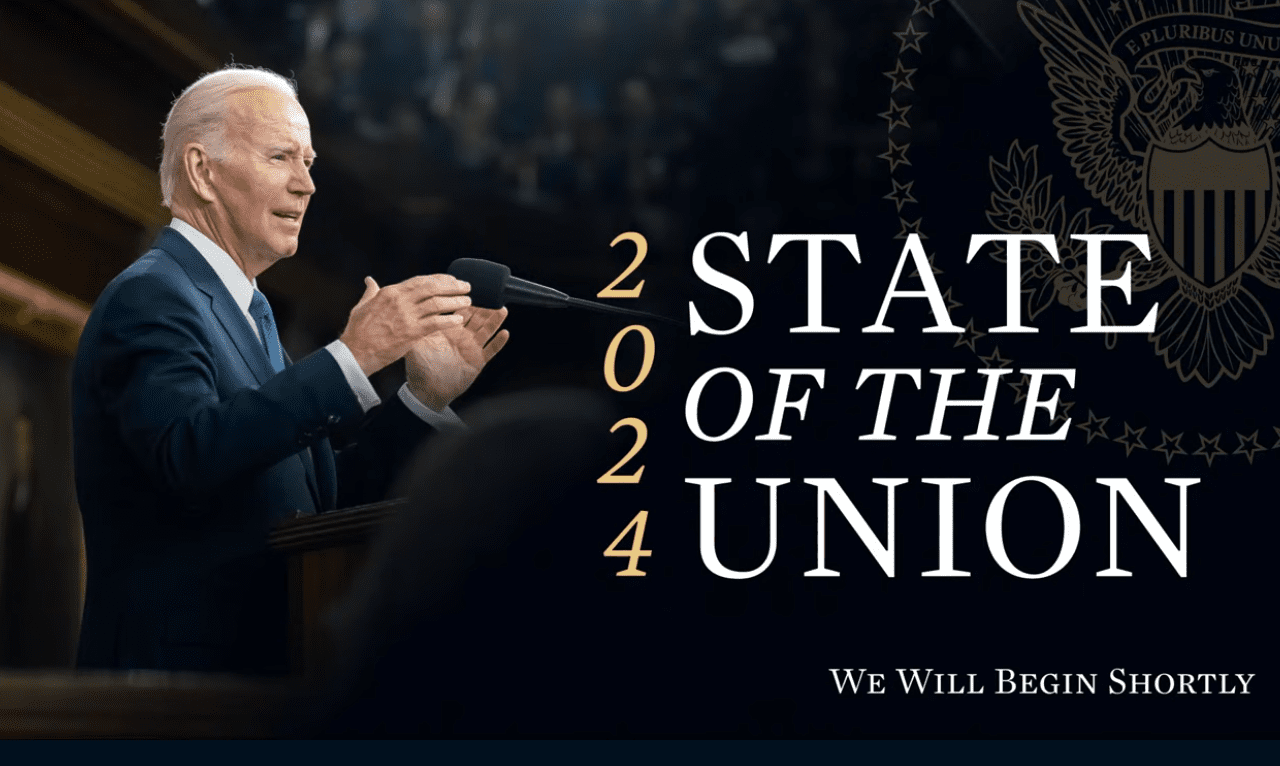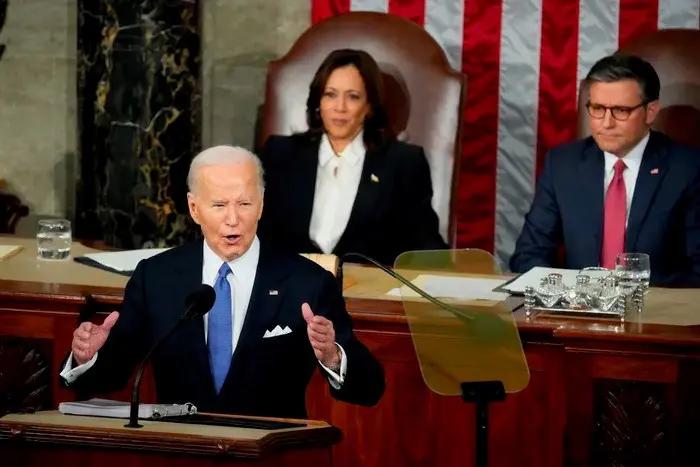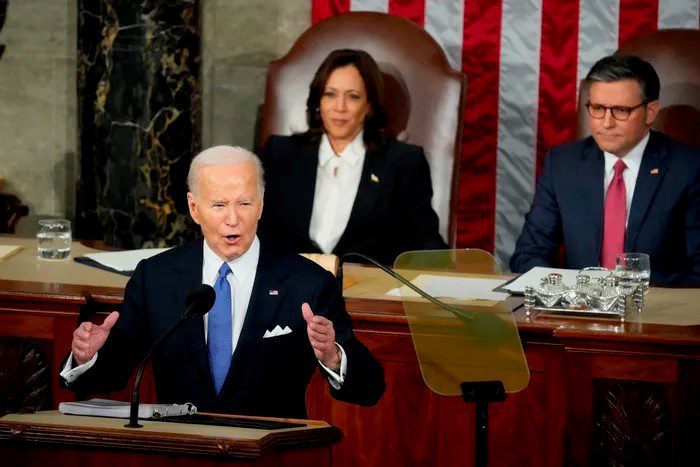Fact-checking is a critical process used in journalism to verify the factual accuracy of information before it’s published or broadcast. This practice is key to maintaining the credibility and ethical standards of journalism and media as reliable information sources. It involves checking statements, claims, and data in various media forms for accuracy and context.
Ethical standards in fact-checking
The ethical backbone of fact-checking lies in journalistic integrity, emphasizing accuracy, fairness, and impartiality. Accuracy ensures information is cross-checked with credible sources. Fairness mandates balanced presentation, and impartiality requires fact-checkers to remain as unbiased in their evaluations as humanly possible.
To evaluate a media source’s credibility, look for a masthead, mission statement, about page, or ethics statement that explains the publication’s approach to journalism. Without a stated commitment to journalistic ethics and standards, it’s entirely possible the website or outlet is publishing opinion and/or unverified claims.
Fact-checking in the U.S.: A historical perspective
Fact-checking in the U.S. has evolved alongside journalism. The rise of investigative journalism in the early 20th century highlighted the need for thorough research and factual accuracy. However, recent developments in digital and social media have introduced significant challenges.
Challenges from disinformation and propaganda
The digital era has seen an explosion of disinformation and propaganda, particularly on social media. ‘Fake news‘, a term now synonymous with fabricated or distorted stories, poses a significant hurdle for fact-checkers. The difficulty lies not only in the volume of information but also in the sophisticated methods used to spread falsehoods, such as deepfakes and doctored media.
Bias and trust issues in fact-checking
The subjectivity of fact-checkers has been scrutinized, with some suggesting that personal or organizational biases might influence their work. This perception has led to a trust deficit in certain circles, where fact-checking itself is viewed as potentially politically or ideologically motivated.
Despite challenges, fact-checking remains crucial for journalism. Future efforts may involve leveraging technology like AI for assistance, though human judgment is still essential. The ongoing battle against disinformation will require innovation, collaboration with tech platforms, transparency in the fact-checking process, and public education in media literacy.
Fact-checking stands as a vital element of journalistic integrity and a bulwark against disinformation and propaganda. In the U.S., and globally, the commitment to factual accuracy is fundamental for a functioning democracy and an informed society. Upholding these standards helps protect the credibility of the media and trusted authorities, and supports the fundamental role of journalism in maintaining an informed public and a healthy democracy.
